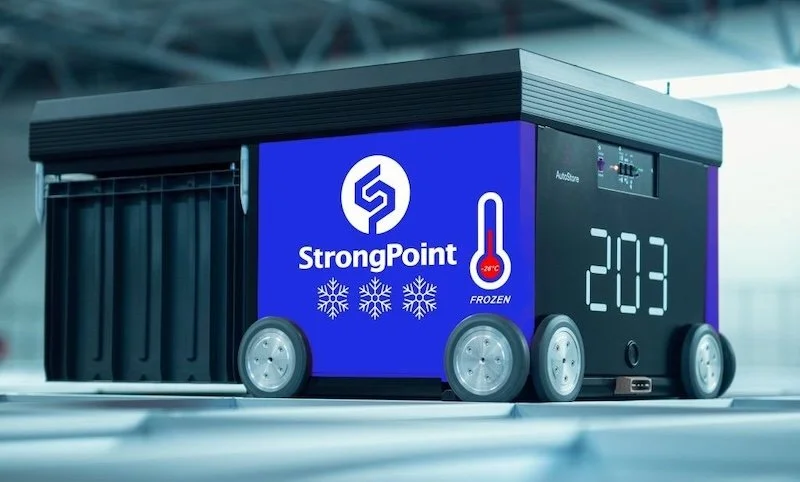Frictionless shopping: finding the right balance between retail technology innovation, ethics and sustainability
Checkout-free stores are all the rage right now, with Amazon’s Just Walk Out technology leading the way, and various hotly tipped startups, including AiFi, Trigo, and Standard AI, jostling for attention.
But when it comes to frictionless shopping, how do retailers find the right balance between innovation, ethics, and environmental responsibility?
In a LinkedIn post, Oliver Grob, Chief Director Digital Transformation at SAP, said: “Frictionless shopping is becoming increasingly popular, as retailers strive to offer customers a seamless and hassle free experience.”
“One of the key technologies behind this trend is computer vision, which enables stores to track customers and their purchases in real-time without the need for checkout lines or physical interactions.”
“However, this often requires an armada of cameras at the ceiling, constantly capturing footage of customers and their movements. While this can certainly improve efficiency and reduce wait times, it raises important questions about sustainability and customer experience.”
As Grob observed, on the one hand, having dozens or even hundreds of cameras constantly running can consume significant amounts of energy and generate heat, contributing to climate change and increasing operational costs.
Moreover, some customers may feel uncomfortable or even violated by constant surveillance, leading to potential trust issues and negative feedback.
On the other hand, if done right, frictionless shopping can be a game-changer for retailers and customers alike.
By leveraging computer vision and other cutting-edge technologies, stores can personalise the shopping experience, recommend relevant products, and even prevent theft and fraud, all while reducing labour costs and wait times.
Grob concluded: “So, the question is: how can retailers balance the benefits of frictionless shopping with the potential drawbacks of excessive surveillance and energy consumption?”
“Ultimately, the key to sustainable and customer centric frictionless shopping lies in finding the right balance between innovation, ethics, and environmental responsibility.”
Let us know your thoughts in the comment section below.
The next normal?
Checkout-free is retail's next to next normal, says Krishna Motukuri, CEO and Co-founder at Zippin.
In a tweet, posted earlier this year, he observed: “This is unfolding rapidly across stadiums and airports in the US and spreading to the rest of the world. Self-checkout and scan and go have too much friction to survive in the long run.”
There is undoubtedly a lot going on in this space. Barely a week goes by without yet another high profile store opening.
This month, for instance, Israeli firm Trigo announced its arrival in France with the launch of a location at Auchan Retail’s corporate headquarters near Paris.
At the same time, however, autonomous stores have been on the retail scene for a few years now and yet live in the high street we’re not really seeing the penetration that, if they’re being brutally honest, investors and retailers trialling the technology would admit they want.
By way of example, in January, Amazon Fresh UK closed its Dalston, London location, less than 18 months after opening it in a blaze of glory.
It is also understood to have walked away from talks on dozens of sites, and stopped its search for more locations.
According to media reports, Amazon has slammed on the brakes due to sales falling short of expectations and fit out costs being multiple times higher than with a standard location.
We at RTIH have certainly been hearing that Amazon is not alone here. Across the board the price point is too high and therefore limiting adoption.
Until both consumer demand drives it and the ROI shows a real win, then this will continue to be a cool technology but of limited value in the high street.
The key win is to eliminate queuing at the checkout and that’s where the consumer will see significant advantages.
But in 2023, amidst major economic turmoil, the focus is on cost consciousness, and, in our humble opinion, without the ability to drive down costs this space is two or three years away from truly going mainstream.















Continue reading…